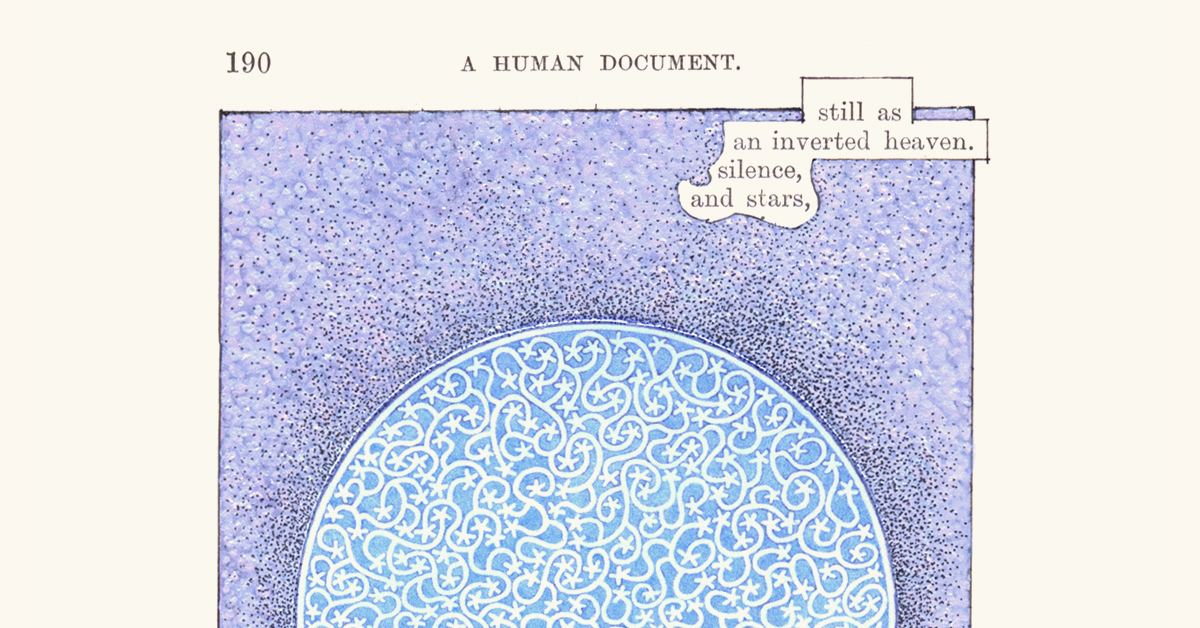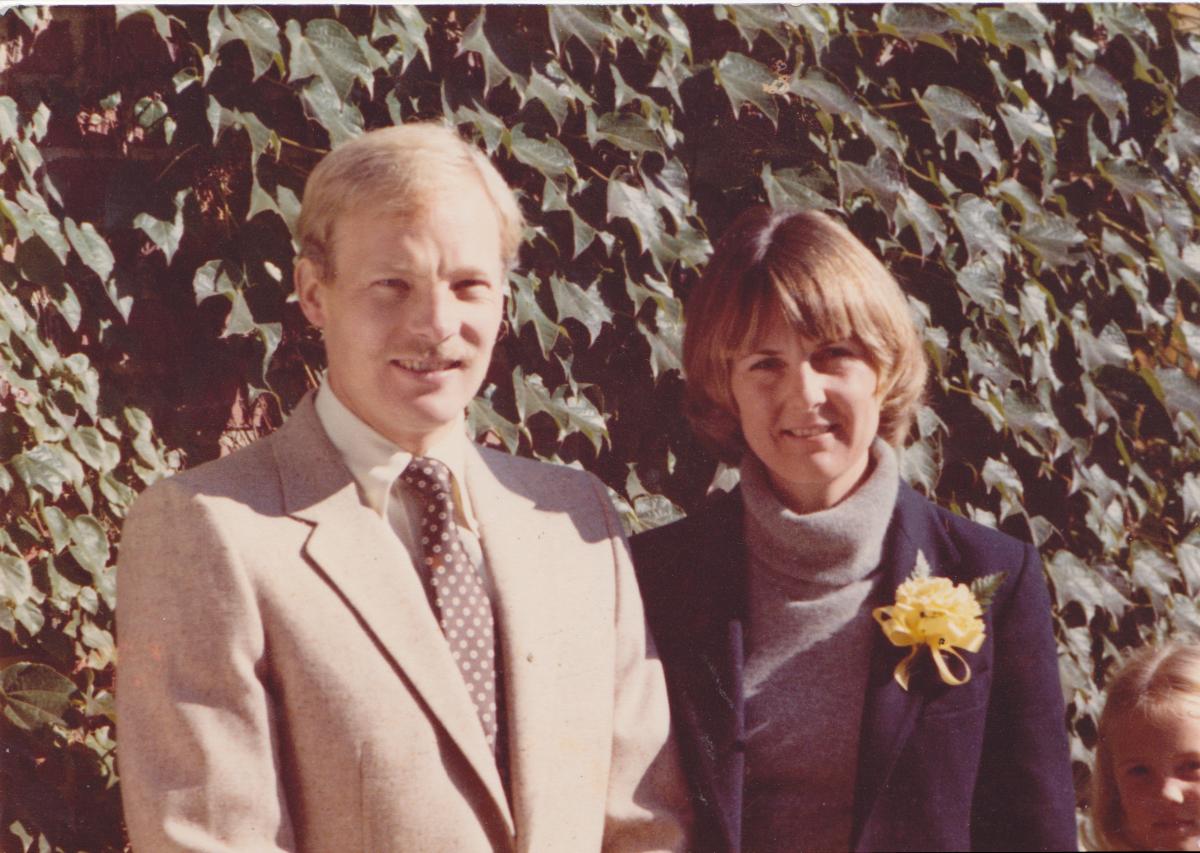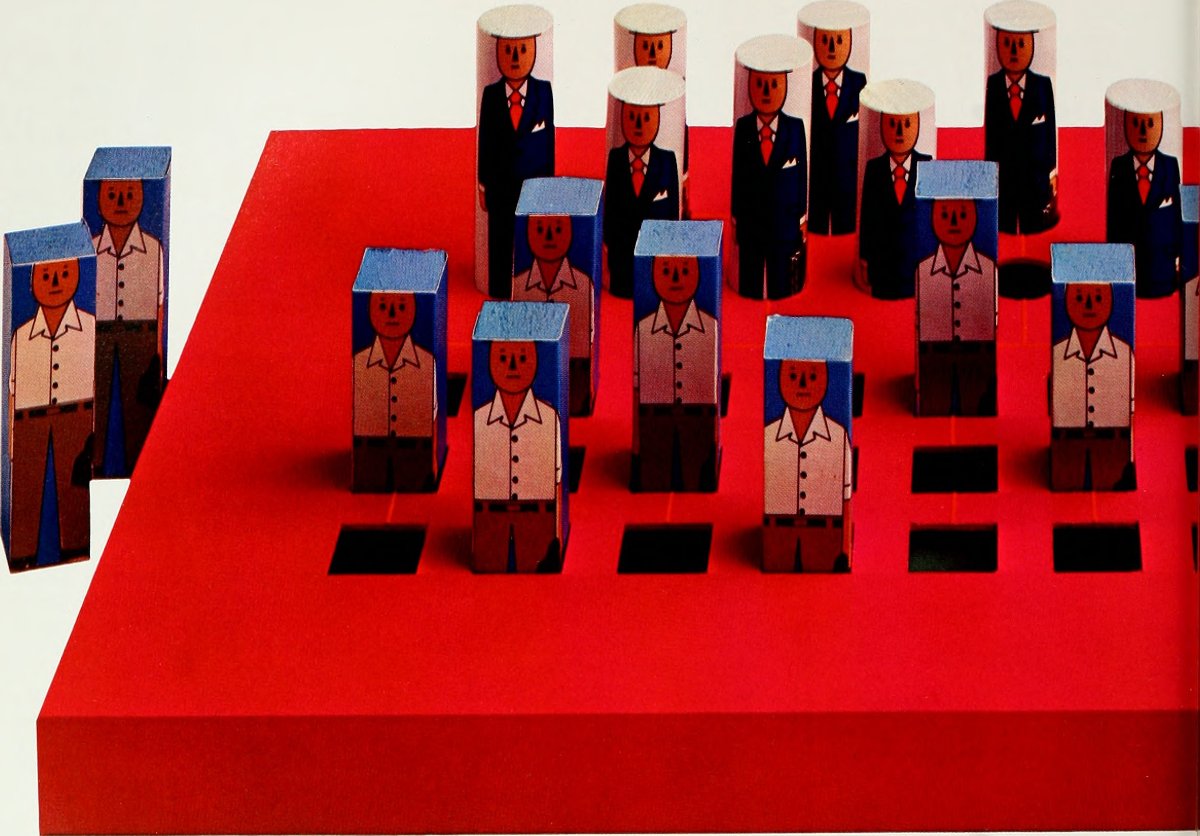Tag: organizational growth
Transformational Processes
As a follow-up to my post on wild and crazy ideas, I’ve been thinking about the process for transformation, i.e. how do individuals and organizations implement ideas once they are generated. I know lots of people who are idea-generating engines, but their locomotive jumps the tracks or runs out of rails when it comes time to do the hard and laborious work of implementation. There are exceptions, of course, but turning ideas into reality is Read More
Erase and Replace
Being human means dealing with the reality of our own death. As mortal beings, we will all be erased from the earth one day and be replaced by a new generation. In less dramatic fashion, we all deal with the fear of being erased and replaced as a part of our day-to-day experience. Sometimes we don’t feel seen, heard, or respected. And we often feel angry, alienated, and alone in the face of not being noticed, Read More
Possibilists
“Optimism is the faith that leads to achievement. Nothing can be done without hope and confidence.” —Helen Keller “Pessimism is a luxury that a Jew can never allow himself.” —Golda Meir Optimists believe that desired results will occur no matter what the facts may portend. Pessimists believe that bad results will occur no what the facts may indicate. Possibilists believe that desired results can happen given the right conditions and the right amount of work. Read More
The Second Question
“God may be in the details, but the goddess is in the questions. Once we begin to ask them, there’s no turning back.” —Gloria Steinem “To raise new questions, new possibilities, to regard old problems from a new angle, requires creative imagination and marks real advance in science.” —Albert Einstein In the age of sound bites, skimming, and superficial answers, we need to dig deeper for substantive solutions. Our inclination is to find “quick fixes” Read More
Doing the Work
“Without hard work, nothing grows but weeds.” —Gordon B. Hinckley I just finished reading five books that gave me a much deeper appreciation of the situation we are confronting. I recommend them highly: These Truths by Jill Lepore Fear by Bob Woodward Fascism: A Warning by Madeleine Albright The Fifth Risk by Michael Lewis The World as It Is by Ben Rhodes I chose these books because all of the authors have done the heavy Read More
Grow Grow
“Every blade of grass has an angel that bends over it and whispers, ‘Grow! Grow!'” —Talmud
My grandkids were born prematurely at 26.5 weeks. Ezra weighed a whopping 2 pounds, and Annie weighed a fragile 1.5 pounds.
Caring Cultures
“Never believe that a few caring people can’t change the world. For, indeed, that’s all who ever have.” —Margaret Mead
I’ve been lucky in my life to be a member of many caring cultures. I felt loved and respected growing up. Strangely enough, my team of co-workers in a jail rehab program …
The Constitution as Culture Audit
One of my favorite tasks as an organizational psychologist is to design, administer, and evaluate culture audits. The design process is the most important part because it entails asking the people in an organization to create norms and values of their own choosing. In focus groups, I ask people to share what they believe are the desired and required norms for their organizations, i.e. what kind of work environment would they find most exciting and Read More
Gauging Gurus
As Lao Tzu suggests, “when a person crowns himself as a guru, he is not.”
We should always be able to ask and answer: At what level are the people we entrust with power operating? In this post, I share my guide to evaluating leaders, gurus, and practitioners.
Helping or Hurting
It’s Day One after the election of 2016. I feel sick and scared. Who better to suggest a remedy for our spiritual malaise and existential crisis than the Dalai Lama? In a recent article in the New York Times (November 4, 2016), the Dalai Lama and Arthur Brooks co-authored a column: “Behind our Anxiety, the Fear of Being Unneeded.” It seems like an odd couple to me, but their message is profound. They point out Read More
Thinking and Believing
Believe me—Daniel Kahneman got it right: we are more likely to find stories that support our beliefs than seek out evidence in the pursuit of truth. Kahneman is a professor emeritus at Princeton University who wrote the best selling book, Thinking, Fast and Slow. His work is focused on the psychology of judgment and decision-making for which he was awarded the Nobel Prize in Economic Sciences. His findings challenge the assumption of human rationality. Clearly, Read More
Labels, Limits, and Levels
Dr. Bill Anthony, the highly respected, world-renowned, executive director of the Psychiatric Rehabilitation Center at Boston University, initiated classes with new students by throwing the DSM into the waste basket. This dramatic statement was intended to communicate to people entering the mental health field that labels limit our ability to see the potential and possibilities of another human being.
Selecting Coaches
Forty years ago, I wrote my doctoral dissertation on the selection of counselors for public high schools. I didn’t write it to create a career-defining, landmark study. I wrote it to check off a box for the completion of my doctoral degree in counseling psychology. Little did I know that the profession of coaching and counseling would explode in the next century. Now, practically everyone either has a coach or is a coach. The question Read More
Leadership Lexicon
Leaders sometimes wonder why no one is following them. In most cases, the reason is because the leader does not possess all three essentials of effective leadership: Character, Commitment, and Competence. Leaders must be honest and ethical at their core, or people don’t follow. Leaders must also be committed to developing themselves and others. If people are not convinced of the leader’s commitment to their growth, they will not help the leader grow—and they will Read More
Creating Organizational Soul
After publishing Corporate Culture Change, the Corporate Culture Sourcebook, and Ethical Leadership in the late 1980’s, I was retained by Lotus Development Corporation (now known as Lotus Software) in Cambridge, Massachusetts to help them align their culture behind a new network-centric strategy to better differentiate their company from its arch-rival Microsoft.
Integrated Educational Reform
If educational reform is going to be successful, we need to start with trust and healthy conflict. In my view, commitment is not the major issue. I don’t see a lack of teacher commitment as the biggest problem. To me, capability and culture are far more potent variables in the success equation.
The History of Great Ideas
Great ideas have been piling up in history’s graveyard for 3,000 years. They are left unattended and largely forgotten. When these ideas are first introduced, they are usually met with laudatory excitement and abundant enthusiasm. Then, the ideas are gradually diminished and distorted through this four step process: Trivialization, Bastardization, Privatization, Commercialization











![[ C ] Chuck Close - Dalai Lama (2005) | Credit: cea+](https://rickbellingham.com/wp-content/uploads/2016/11/flickr_centralasian_dalailamabychuckclose_web.jpg)











